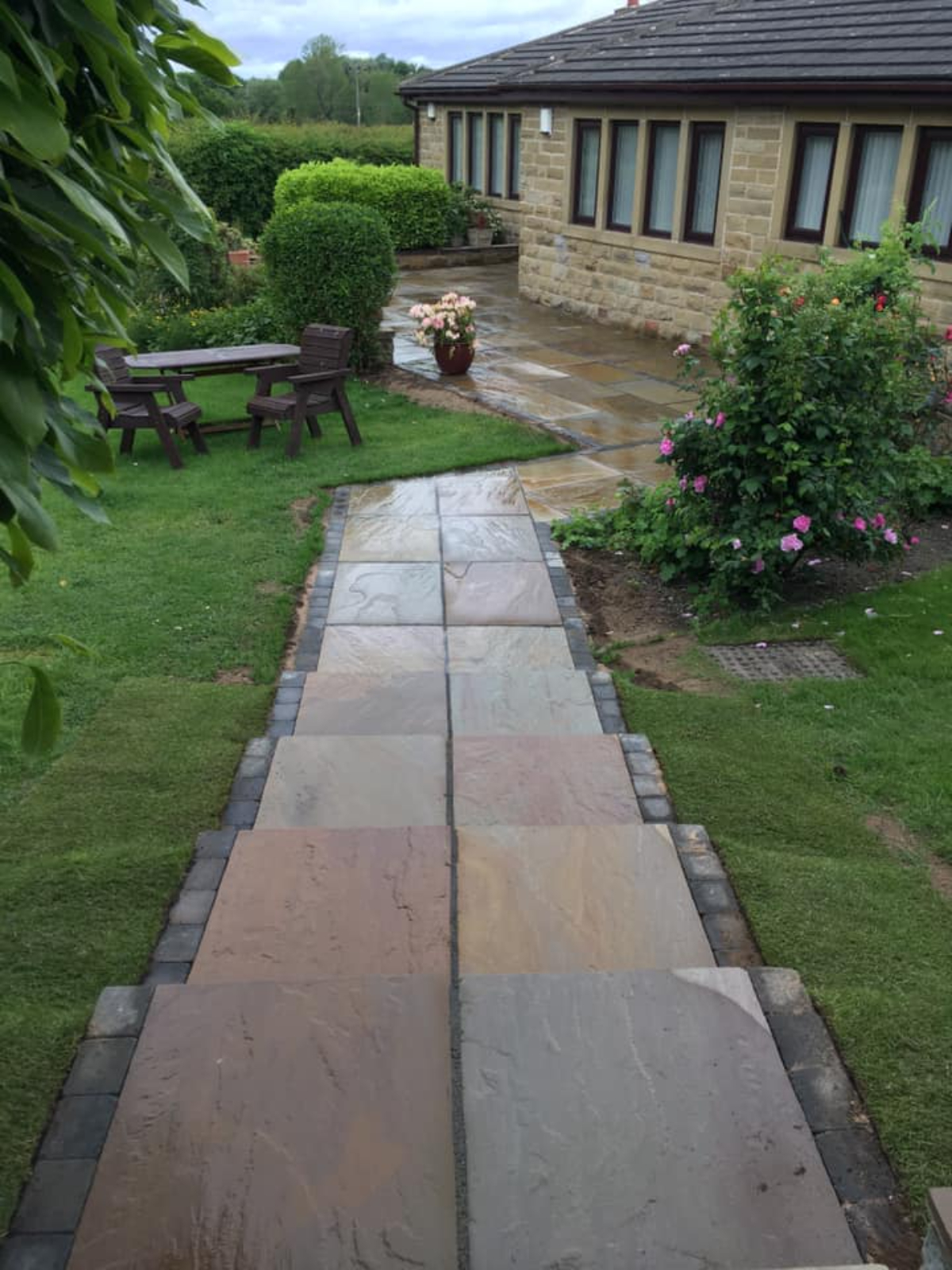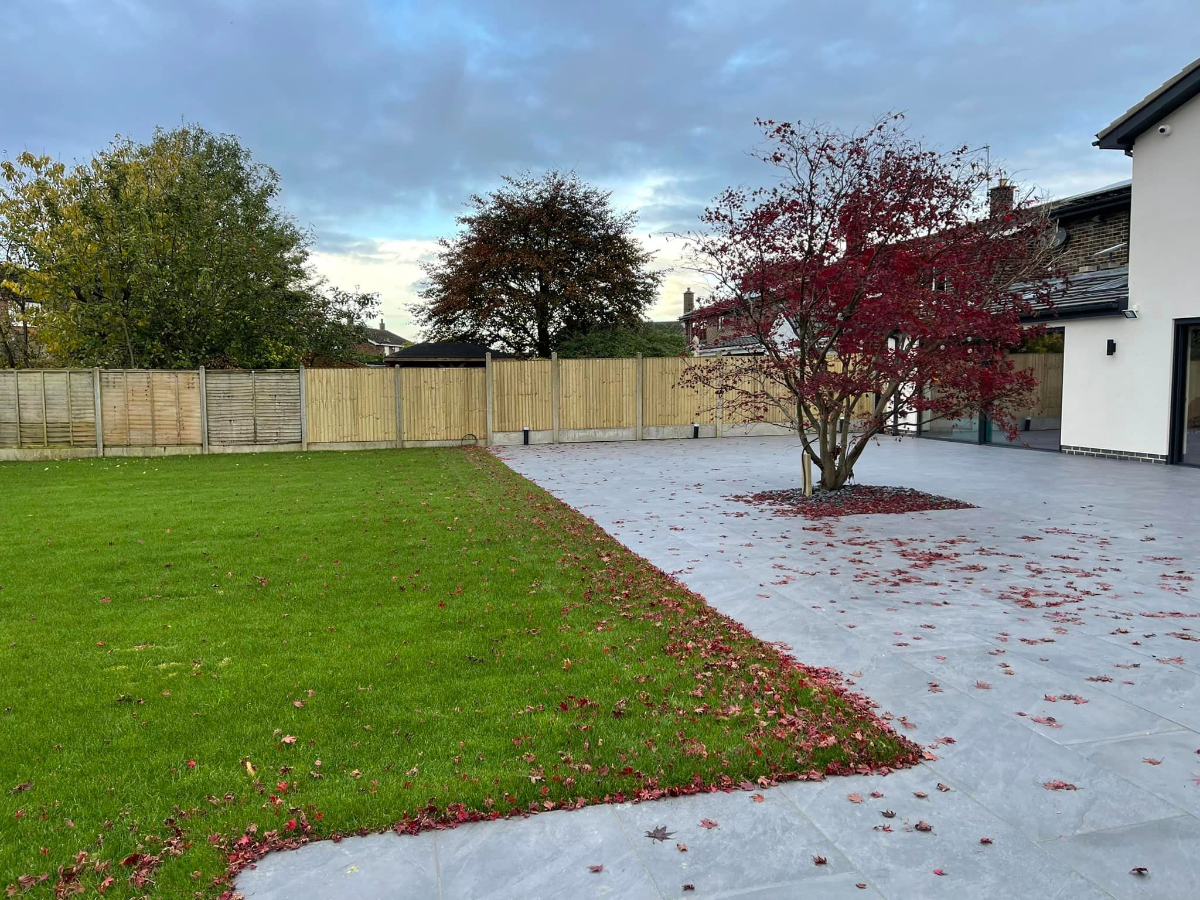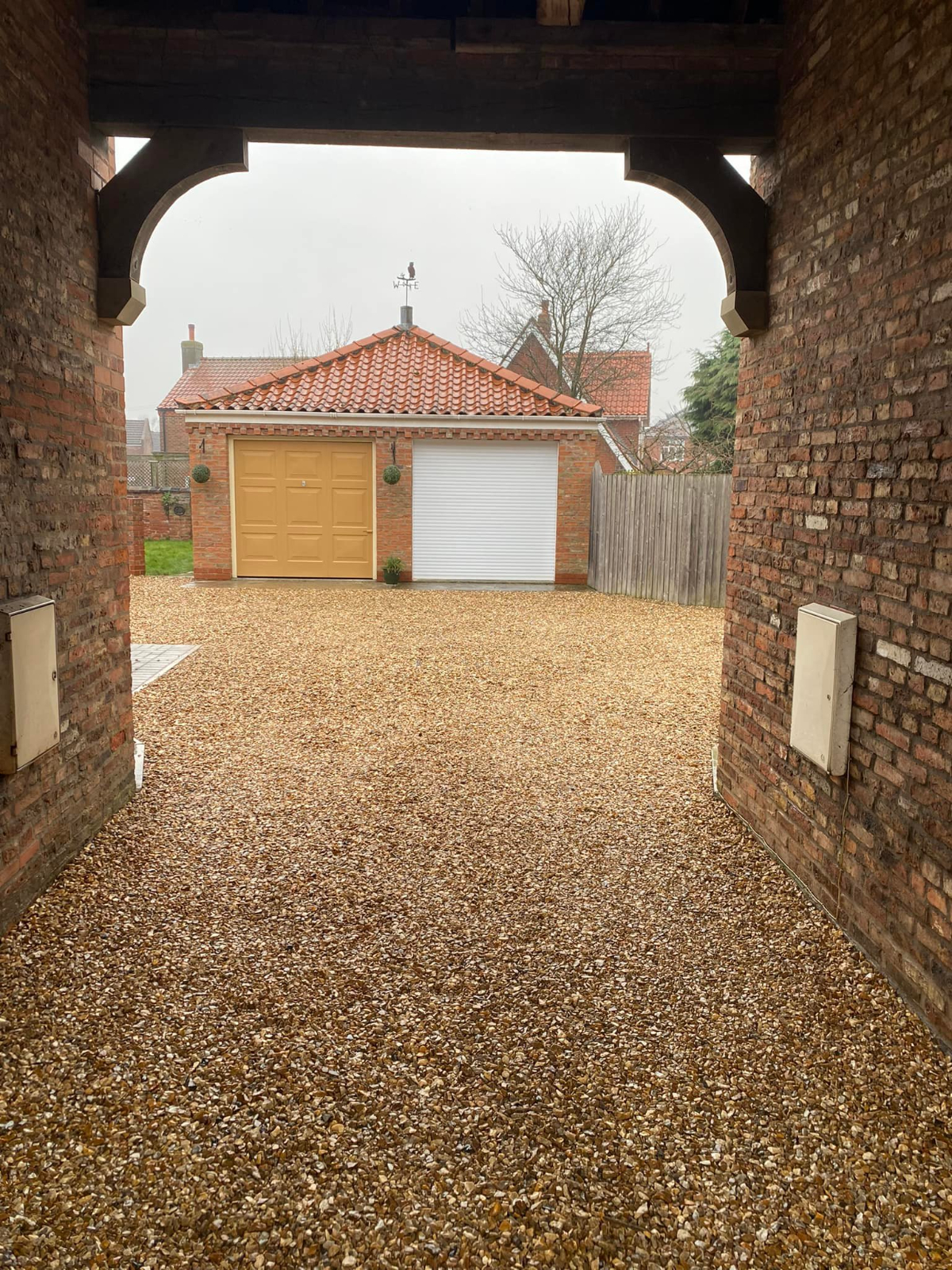Are you searching for examples of groundworks projects. This article explores different types of groundworks projects, detailing how sites are prepared, the steps involved, and factors that can influence costs and timelines.
How is the ground prepped for groundworks
Proper ground preparation is essential before starting any groundworks project. This process begins with a ground investigation to observe and analyse the soil's condition and identify any issues, such as waterlogging or unstable areas.
Site clearance is the next step. It involves removing vegetation, debris, and any existing structures that aren't needed for the new development. This ensures a clean, safe, and workable area.
Once the site is clear, the next phase is often grading. This involves levelling the ground by adding or removing soil to ensure it's flat and stable. Grading is vital for ensuring proper drainage and a solid foundation.
By carefully preparing the ground, construction teams can avoid potential problems.
What are examples of groundworks projects?
Groundworks are the first stage in many construction projects, creating the foundation for developing various structures. One example is site demolition, where existing buildings or structures are safely taken down to clear an area for new projects.
The next example is excavation and grading, which involves digging and moving earth to create a level base. Grading helps with water drainage, ensuring that water does not pool and damage the foundations over time.
Drainage and sewer installation is another key part of the groundwork. This ensures that water and waste have a clear path to exit the site, preventing flooding or damage to the building.
Another part of the groundworks process involves connecting utilities such as water, electricity, and gas to the site.

What does groundwork involve?
Groundwork involves several critical steps that prepare an area for construction. It starts with planning and thoroughly examining the ground to check its suitability for development. This may include a ground investigation to identify any issues like unstable soil or water features that could affect the work.
Once the plan is in place, site clearance is essential. This means removing any trees, bushes, rubble, or buildings that may obstruct the construction. After clearing the site, the team may move on to excavating and grading the ground.
Installation of necessary services also takes place during the groundwork phase. Drainage and sewage systems are vital to the functionality and safety of the area, for effective management of water and waste.
The final stages typically involve laying the foundations and connecting utilities. Foundations give the building or road a solid support structure, while the connection of utilities ensures everything required for construction and occupancy is in place.

How long do groundworks take?
The time required to complete groundwork varies depending on the complexity and overall scale of the project. Groundwork for a small building development or extension may only take a few days to a couple of weeks, as it involves less complex groundwork and requires fewer materials. This includes site clearance, grading, and laying the foundations.
For larger projects, such as commercial constructions or significant road developments, the groundwork phase might extend to several weeks or even months.
Weather can also have some effects on groundworks. Heavy rains can delay excavation and grading, as the ground needs to be stable before work continues. Groundwork teams must wait for suitable conditions to carry out specific tasks.
What Factors Affect the Cost of Groundworks?
The cost of groundwork can vary significantly based on several key factors. A large commercial development or infrastructure project will generally require more extensive groundwork than a smaller building or house extension. This amount of labour and increased resources lends itself to much higher costs.
Areas with challenging soil types, such as clay or highly compacted soil, may require specialised equipment and additional preparation, leading to higher costs. If the site is prone to flooding or has poor drainage, further measures and materials may be needed to address it.
More extensive excavation will require more machinery and manpower, thus increasing the expense. Deeper or more complex foundations will need more materials, such as concrete or reinforcement, which can drive up costs.
Finally, the site's proximity to necessary utilities and infrastructure can influence costs. Extending these services to the new development will incur additional expenses if the site is far from existing utilities.
Gaskells Groundworks are a family run team of garden enthusiasts dedicated to transforming outdoor spaces. We work passionately, applying our knowledge to create your dream landscape. Whether you're considering a complete garden makeover or just need some advice, we're here to help!






